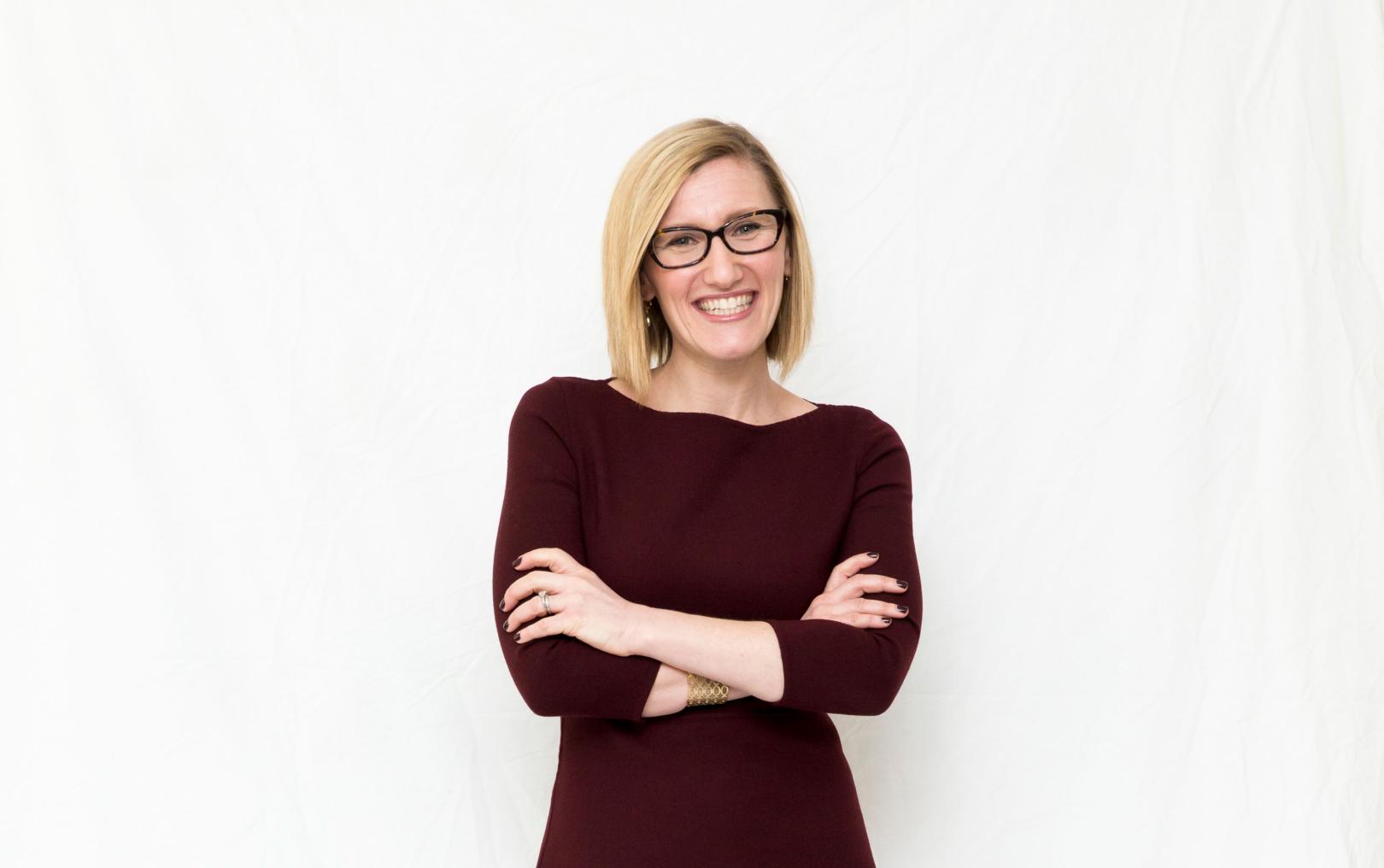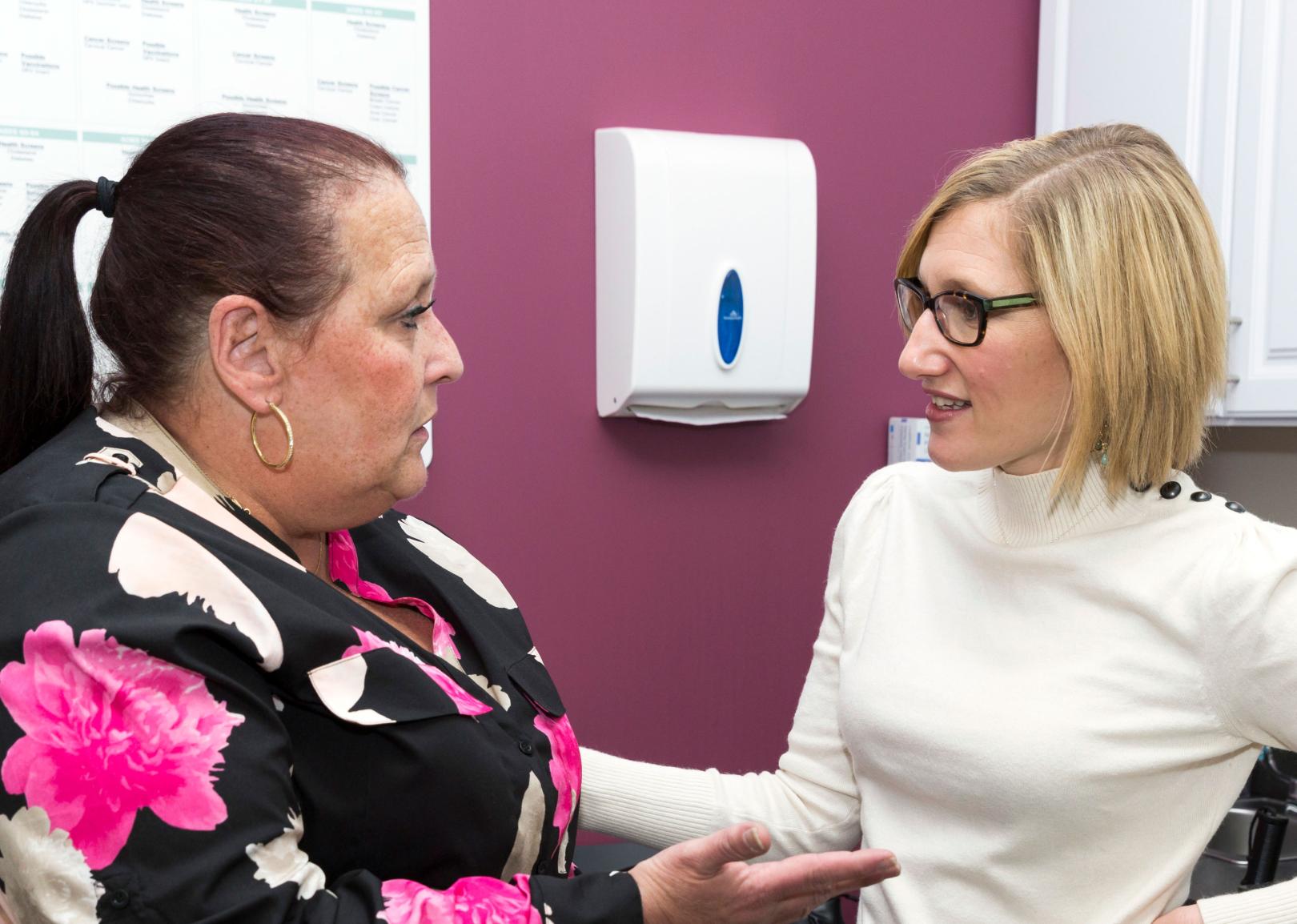PHILADELPHIA WOMEN IN SCIENCE
May is Hepatitis Awareness Month, so it’s fitting that our Women in Science series features infectious disease specialist Dr. Stacey Trooskin, who is helping lead Philadelphia’s charge to eliminate hepatitis C from the city.

Who: Stacey Trooskin, MD, Ph.D., MPH
Director of the Viral Hepatitis Program
Philadelphia FIGHT Community Health Centers
Specialty: Infectious Diseases
Tell us about your current work.
I am an infectious diseases physician and I oversee the Viral Hepatitis Program at Philadelphia FIGHT Community Health Centers. I also am the community co-chair of the Hepatitis C Allies of Philadelphia. In that role I oversee C Change, the plan to eliminate hepatitis C from the city of Philadelphia. In addition to taking care of people who live with hepatitis C and HIV, I implement and evaluate models of hepatitis C virus (HCV) care that attempt to engage individuals at high risk for chronic HCV infection who would not otherwise seek care in a traditional medical setting.
How did you get into science?
My father is a physician and loves his work, so that inspired me to think about a career in science and medicine. I discovered public health while serving a year in the AmeriCorps after college. I served in the Rapid Response Corps, which was an AmeriCorps program of the American Red Cross. The Rapid Response Corps’ mission was to provide immediate and emergency assistance to communities affected by disasters and to increase preparedness through community outreach and education.
In my time of service we responded to local and national disasters and worked closely with community members. We worked in local schools and conducted home visits to fire-, tornado-, and hurricane-ravaged homes. We set up shelters and served countless hot meals and snacks to individuals who had just lost their homes, their possessions, and sometimes [their] loved ones. This was my first exposure to community health, public health, and epidemiology and that experience ended up shaping the rest of my career.
Do you/did you have a mentor?
I have benefited from the wisdom, support, and guidance of mentors every step of my career. I would not have the career that I have today if it were not for mentorship. I have had mentors who have taught me how to be a researcher, how to be a clinician, and have shared with me how they navigate being a working mom. I still rely heavily on my mentors today.
Who are some women working in science today you admire?
Every day I work shoulder to shoulder with women that I admire. I feel so lucky to work with the women (and a few good men too!) that every day serve the community with the mission of eliminating hepatitis C from the city of Philadelphia.

What are the biggest challenges you face in your field?
The biggest challenge in our field is born out of one of the greatest public health accomplishments of our generation: a cure for hepatitis C, the most common blood-borne infection in the United States. Now the greatest challenge is eliminating the virus in the United States and worldwide. HCV treatment is highly effective (more than 95 percent cure), short in duration, and has minimal side effects. Unfortunately, many insurance companies, prisons, and jails ration the medication so that individuals may not be able to get [it] until their liver is sick. I, and many others, have advocated for access to treatment on behalf of our patients and other individuals chronically infected with hepatitis C because everyone deserves to be cured of their hepatitis C.
What scientist, dead or alive, would you like to work with?
John Snow (not the King of the North for you Game of Thronesfans), a physician who is widely considered the first epidemiologist. He was among the first to conduct an epidemiologic investigation and discovered that cholera was waterborne.
How can we get more girls interested in STEM?
Mentorship! I knew I could be a doctor because I was blessed to have parents that told me I could do anything I put my mind to and gave me a map to follow to get there. We need to mentor girls early and tell them they can do anything they want and then we need to give them a vision, something concrete to see and model themselves from so that they can achieve it.
Favorite piece of scientific trivia?
There may be more bacteria in your mouth than there are people in this world.
What’s something interesting that people may not know about you?
I was on a home makeover show once and I love to cook, bake, and garden.
May 3, 2018. Interview by Nancy Gupton. Edited for length and clarity.
More Philadelphia Women in Science
Dr. Loni Tabb: A Biostatistician Who's Breaking Barriers
Dr. Ileana Pérez-Rodríguez: Unlocking Microbial Mysteries at the Bottom of the Ocean

